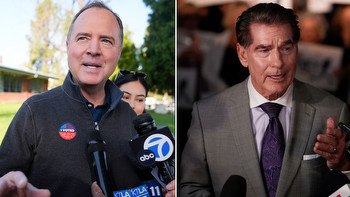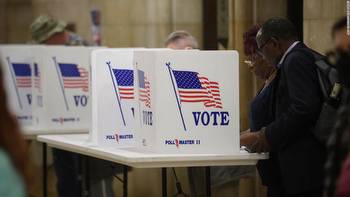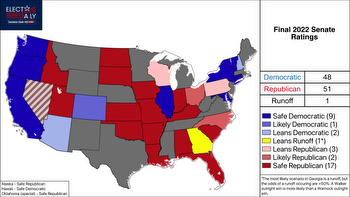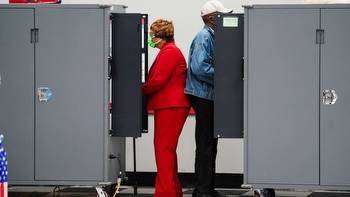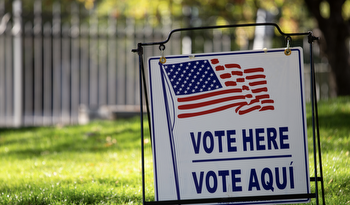Control of House, Senate too close to call in U.S midterm

The midterm elections will determine which party controls Congress for the next two years. The outcome of several key Senate races is still uncertain. An anticipated Republican red wave appears to be a trickle. Massachusetts will have its first female governor and the country's first openly lesbian chief executive of a state. In Arkansas, Sarah Huckabee Sanders was elected governor. Florida's Ron DeSantis easily won reelection. In Maryland, voters elected its first Black governor, Wes Moore, a Democrat. They also approved initiatives enshrining abortion rights and cannabis legalization. Some analysts suggest the total vote could top the record 115 million tally set in the 2018 midterm election.
The economy, interest rates, housing market and the price of gas are top concerns of U.S. voters. Social issues, such as the Supreme Court decision ending the federal right to abortion, are also motivating some voters this election. In Georgia, a very tight race between incumbent Democrat Senator Raphael Warnock and Republican challenger Herschel Walker could be headed for a runoff if neither candidate captures 50 percent of the votes.
Kevin McCarthy predicts a Republican victory in the House. He promises to look for spending cuts in government programs favored by Vice President Biden. Other Republicans promise to launch investigations into the Biden administration. Some call for hearings on business activities conducted by the president's son, Hunter Biden, in Ukraine and China. Democrats accuse Republicans of planning to cut popular health care and pension benefits for older Americans. Donald Trump and Vice president Joe Biden both campaigned for Democratic and Republican candidates. Trump was ousted from office in 2020, but he still falsely claims he was cheated out of reelection by vote count irregularities.

